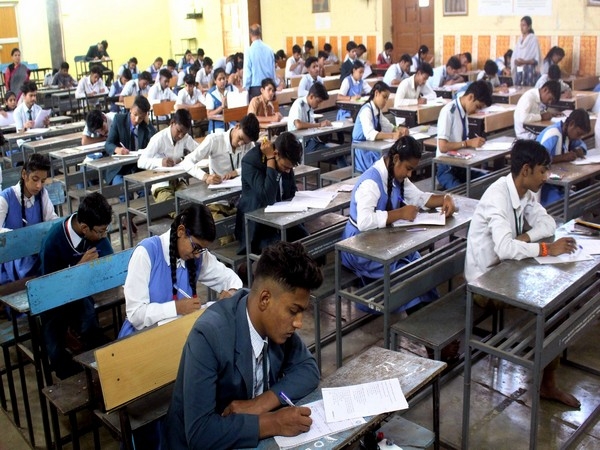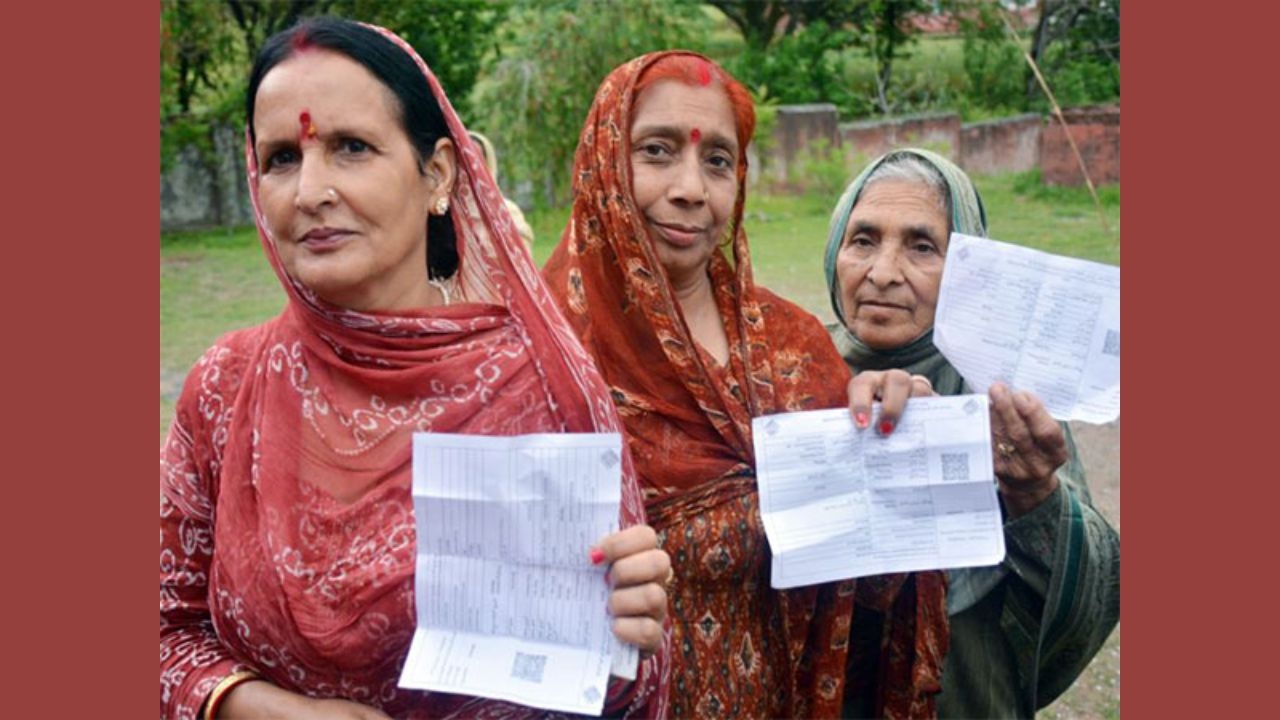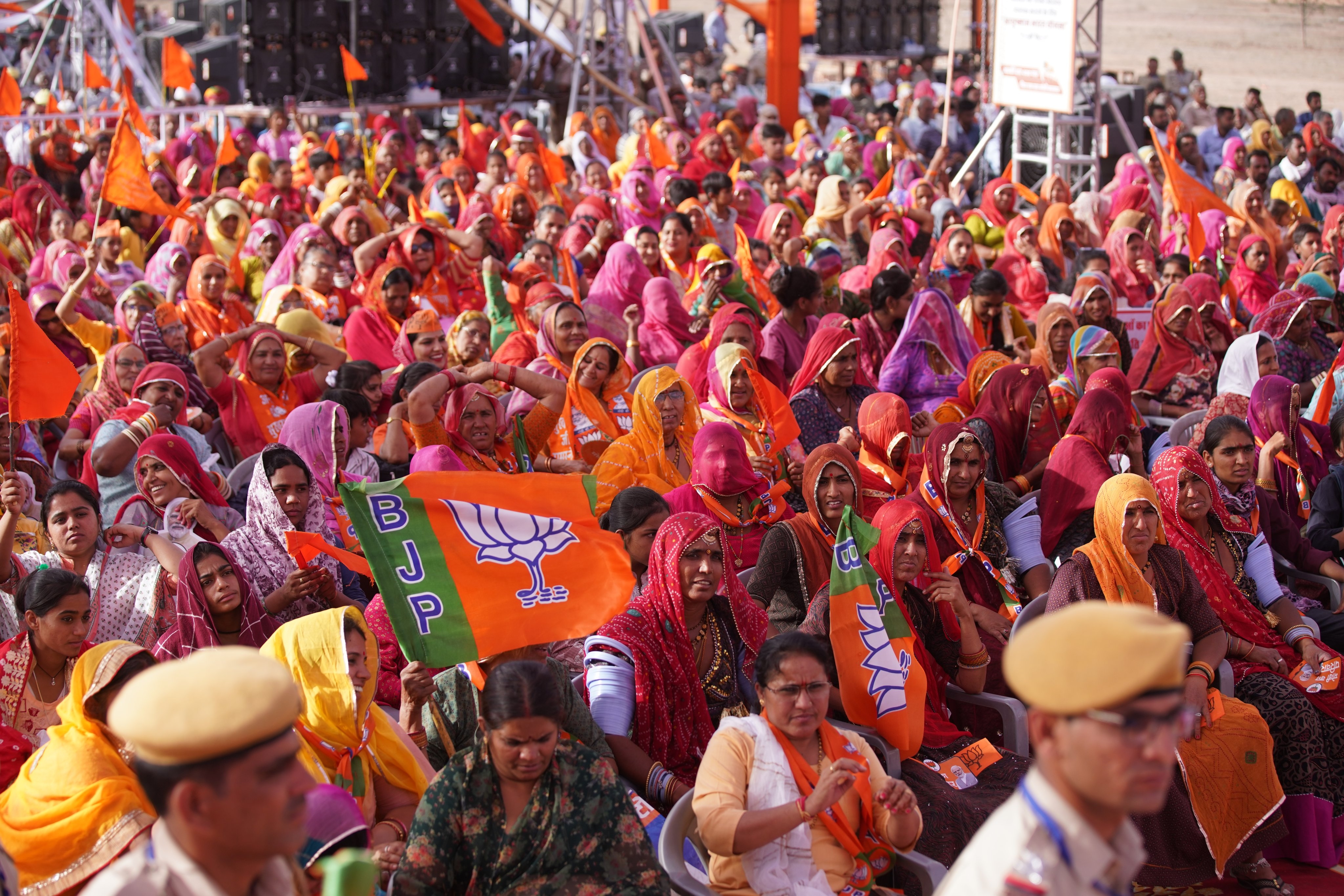Save the Internet. Why you should stop Facebook's "Free Basics"
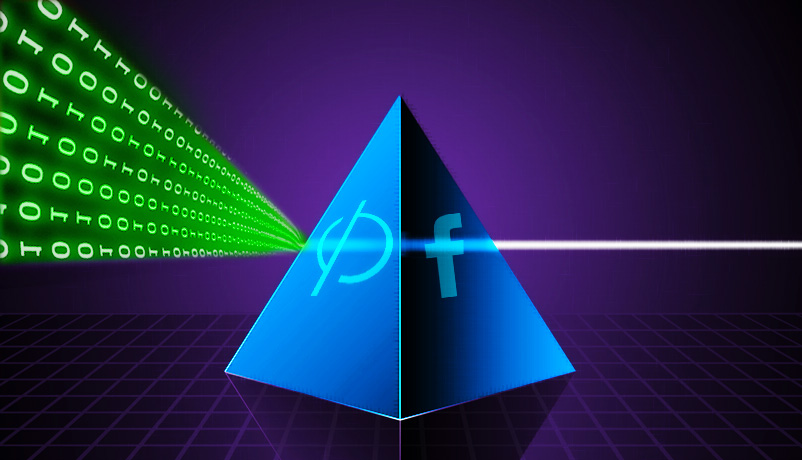
The last day to petition TRAI against Free Basics, the "free internet" that Facebook has been hard selling with a vengeance, has been extended to 7 January. And if you haven't already, sign the petition now. Why must you bother? Here's why.
What's Free Basics?
On 20 August, Facebook introduced Internet.org, a "zero-rating" service offering "free" internet to people who could not afford it. Its proponents claimed that in a country with low internet penetration, the service would get millions of people online. And better connectivity, they argued, meant better democracy and better governance.
Touted thus, Internet.org sounded no less than a social service. Only it was anything but.
For one, it didn't give users "free access" to the internet, but only to a limited number of websites. The websites, of course, would be chosen by Facebook, eventually, if not initially, for a fee. This was a direct attack on Net Neutrality, the guiding principle of the open internet.
Also read: Facebook shares 10 key facts about Free Basics. Here's what's wrong with all 10 of them
At its core, Net Neutrality means that there should be no preferential access to those willing to pay more. Google, for example, cannot pay a fatter fee to transmit data faster than a rival search engine. Net Neutrality keeps the internet a level-playing field: whether an independent blogger or a global corporation, you have the same digital rights.
Not surprisingly, Internet.org caused public outrage. The matter went to the Department of Telecom, which concluded in a report in July that "the core principles of Net Neutrality must be adhered to".
Free Basics doesn't provide 'free access' to the internet, but only to select websites chose by Facebook
Just when it seemed the public outrage had killed Internet.org, Facebook rebranded it as Free Basics. The rechristening took place just days before Facebook founder Mark Zuckerberg's town hall meeting with Narendra Modi in the Silicon Valley, US.
Facebook never explained the name change. But critics insist it came about due to the public outcry over Internet.org in India, the service's largest potential market, that had forced big names such as NDTV and Cleartrip to opt out of the service.
Why has it kicked up a row?
Free Basics was launched in 36 countries. In India, it was to be carried by Reliance Telecom. But on 22 December, TRAI, the country's apex telecom regulator, ordered Reliance to put the service on hold until it concluded whether the service violated Net Neutrality.
The regulator is set to make the decision known in its consultation paper on zero-rating, which in turn would be influenced by comments from the public. The comments can be made till 30 December.
As this deadline drew near, Facebook has waged a massive PR blitz over the past few weeks to sell Free Basics to Indians.
Comedian Kenneth Sebastian explains what's wrong with Free Basics
Why is Free Basics bad news?
But the breathless campaign only invited more scrutiny. "If Free Basics is available for all mobile providers, why is Facebook not approaching other service providers and asking them to carry Free Basics for free on their networks?" asks Smarika Kumar, a member of the Alternate Law Forum.
"Why is only one mobile service provider, Reliance, chosen in India? Why not every telecom or mobile operator?"
Also read: Net Result: what DoT's net neutrality report gets right, and where it messes up
Contrary to what Facebook claims, Free Basics isn't "an open platform". Facebook solely defines its guidelines, and decides who will provide the content, in what measure, in what way. In other words, Facebook will be the gatekeeper of "free internet" in India.
Speaking with The Guardian, Tim Berners-Lee, the founder of the world wide web, said "branded internet", which is what Free Basics is, "is not internet". "No it isn't free, no it isn't in the public domain," he said.
If the idea is make internet access cheaper, he added, "there are other ways of reducing the price of internet connectivity and giving something." "Giving people data connectivity to part of the network deliberately, I think is a step backwards."
Facebook says its Free Basics is 'free' internet. What it doesn't say? Facebook will be its gatekeeper
Facebook will reserve the right to change the guidelines of Free Basics as and when they wish.
The company also reserves the right to accept or reject developers who want to join the platform, forcing them to comply with its terms.
Facebook, of course, hasn't mentioned all this in its multi-page ads selling Free Basics. Indeed, even the "facts" that it has furnished in support of the service are misleading.
Nikhil Pahwa, the founder of Medianama who played a leading role in bringing the net neutrality campaign to the fore, says: "Such deceptive methods are used to influence people into believing there is a lot of support for Free Basics."
Also read: There's no middle path on net neutrality: Rajeev Chandrasekhar
How is Facebook misleading India?
The savetheinternet.in volunteer group, which had mobilised over a million people to sign a petition in support of net neutrality to TRAI, have published a point-by-point rebuttal of Facebook's claims, titled 'What Facebook won't tell you'.
We do not charge anyone anything for free basics.
Facebook doesn't pay for Free Basics, telecom operators do. Telecom operators make money through new users. Since Reliance was the only available network that provided Facebook's service, Facebook was indirectly promoting it.
-
We do not pay for the data consumed in Free Basics. Operators participate because programme has proven to bring more people online.
Free Basics isn't about bringing people online. It's about keeping Facebook and the websites that are part of the service free, while everything else remains paid. Users who pay for internet access can still access Free Basics for free, giving Facebook and its partners an advantage. This is why Free Basics is in violation of the principle of Net Neutrality.
-
Free Basics is an open platform. Any developer or publisher can have their content on it.
Free Basics is not an open platform. Facebook defines guidelines for Free Basics, and reserves the right to change them. They reserve the right to reject applicants, who are forced to comply with Facebook's terms.
Apart from this, the activists insist - and Berners-Lee agrees - that there are other successful models for providing free internet access to people without giving a competitive advantage to Facebook.
The only source of information on Free Basics is Facebook, and it misleads people. Indeed, Facebook was criticised in Brazil for misleading advertising.
If Facebook indeed means well, the activists argue, why doesn't it give the "poor" access to the entire internet rather than a limited number of websites?
Free Basics is also bad for entrepreneurs. It you create a website or an app and want it to reach as many people as possible, you would have no choice but to advertise on or pay Facebook. What if they refuse even if the start-up is willing to pay?
Also read: Net neutrality debate: TRAI receives nearly 6 lakh comments mostly around Facebook's Free Basics
Then there is the potential threat to market competition. Say, you create a messaging app to rival a giant like WhatsApp. Would Free Basics carry it if WhatsApp pays it more even if your app is better?
What does Facebook say?
Seemingly taken aback by the sustained criticism, Mark Zuckerberg wrote an op-ed in a national daily on 28 December defending his "free" internet. The company followed up with a statement that it was open to any kind of scrutiny of Free Basics from third-party agency like the Internet and Mobile Association of India, non-profit.
"We'd also be happy to have Twitter, Google+, etc on Free Basics, which many people have asked for," Internet.Org Vice President Chris Daniels added.
But activists like Pahwa immediately countered these claims.
If you are still not convinced to sign that petition, watch the AIB demolish Free Basics here.
As the internet increasingly goes from being optional to essential, the debate over Net Neutrality is keeping developed and developing nations alike occupied. When the debate was raging in the US, Zuckerberg openly came out in support of Net Neutrality.
For Zuckerberg, however, India is beyond this debate as the question of basics is not addressed - something is better than nothing seems to be the epiphanous explanation.
A Quartz analysis has shown that millions of people believe that Facebook is the internet. If Zuckerberg has his way and Free Basics becomes a reality, the internet could become synonymous with Facebook and vice-versa for a majority of Indians.
That's dangerous for the internet, the marketplace and, indeed, our democracy.
Also read: Facebook's Free Basics: don't go by the ads, it's bad news


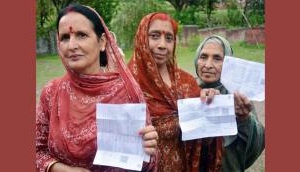
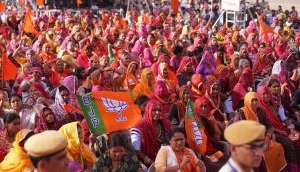

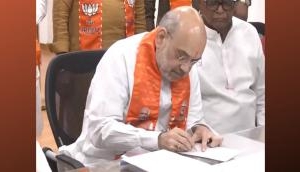
![BJP's Kapil Mishra recreates Shankar Mahadevan’s ‘Breathless’ song to highlight Delhi pollution [WATCH] BJP's Kapil Mishra recreates Shankar Mahadevan’s ‘Breathless’ song to highlight Delhi pollution [WATCH]](http://images.catchnews.com/upload/2022/11/03/kapil-mishra_240884_300x172.png)

![Anupam Kher shares pictures of his toned body on 67th birthday [MUST SEE] Anupam Kher shares pictures of his toned body on 67th birthday [MUST SEE]](http://images.catchnews.com/upload/2022/03/07/Anupam_kher_231145_300x172.jpg)


